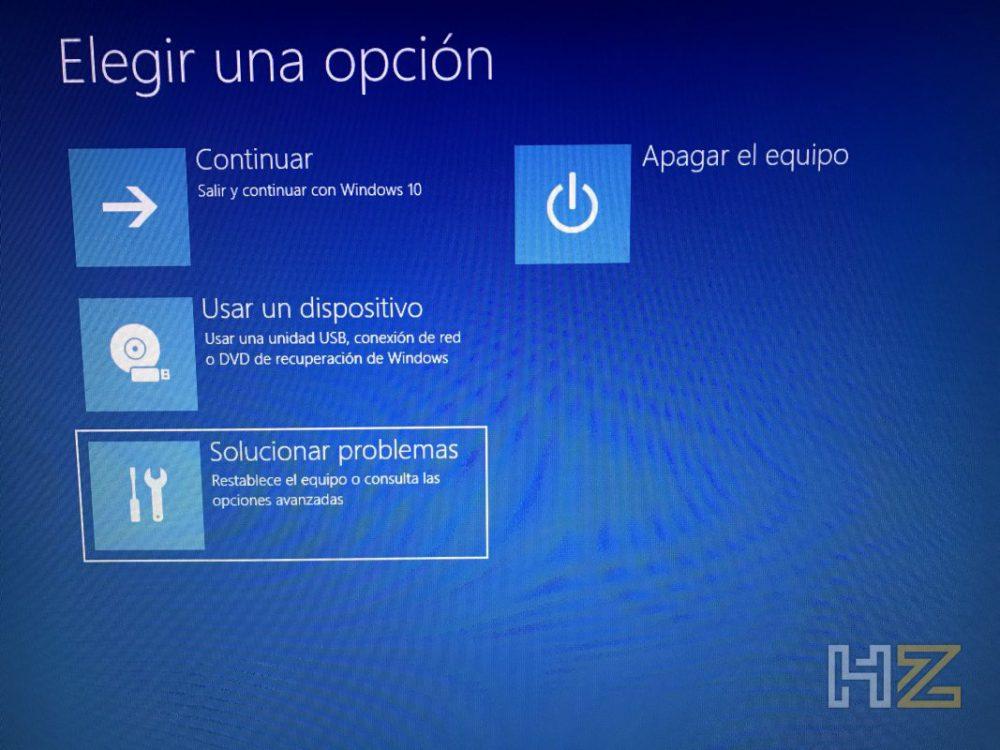
- Easy to boot uefi how to#
- Easy to boot uefi serial#
- Easy to boot uefi software#
- Easy to boot uefi zip#
Easy to boot uefi serial#
Or to boot the kernel using the serial consoleĬonsole=ttyS0 Playing with Secure Boot in Tianocoreīy default, TianoCore boots up into Setup Mode, meaning the platform is not provisioned with any keys and the user can take control. This causes the kernel to ignore the ACPI CRS tables and thus attach normally to the EFI framebuffer. However, TianoCore itself has a problem (as of release r13478) in that the ACPI CRS tables seem to be wrong, which causes the booting kernel to remap the EFI framebuffer and consequently be unable to attach (so you basically get no output on the screen once the kernel has booted). Qemu-kvm -L /usr/share/qemu-ovmf/bios Booting Linux with TianoCoreīy default, all the standard methods (elilo, grub or even native boot using the linux kernel efi stub) work. If your platform is kvm capable, you may also use Unfortunately, there is currently no way to save the EFI nvram with qemu, so the platform will come up in pristine state with each new invocation of qemu.

Qemu-system-x86_64 -L /usr/share/qemu-ovmf/biosĪnd the secure boot bios will come up. Booting the TianoCore Virtual Machine Image The particular package you need for the virtual machine firmware is the OVMF rpm ( download). Since building TianoCore can be a bit of a challenge, a version supporting secure boot has been uploaded to the openSUSE build server here.
Easy to boot uefi zip#
This version has not yet been released as a downloadable zip file. TianoCore secure boot is only really working as of version r13466 of the svn repository. It is OVMF that we are using to produce the virtual machine image for qemu that will run the UEFI secure boot environment. One of the sub projects within TianoCore is OVMF which stands for Open Virtual Machine Firmware. Intel has produced a project called TianoCore as an open firmware reference implementation of UEFI. This should enable people to produce their own boot media for secure boot systems Intel and TianoCore The goal is to have a working qemu system with the UEFI secure boot bios as well as various repositories for efi binary signing tools. The purpose of this site is to keep relevant information for enabling people to play with secure booting systems. here or here), so it will not be described here further.

There have also been numerous blog posts about how UEFI secure boot works (e.g. Your computer should boot up as it is supposed to, without displaying the “Secure Boot Violation” error message.UEFI secure boot is a feature described by the latest UEFI specification (2.3.1c) which is available from the UEFI Forum Site.
Easy to boot uefi how to#
How to Fix Secure Boot Violation on UEFI-Based Computer To fix this issue, you have to temporarily disable Secure Boot in the UEFI BIOS firmware. If you try to boot from a trusted but “unauthorized” operating system, you’ll still receive the “Secure Boot Violation” error.
Easy to boot uefi software#
Secure Boot is a feature included on UEFI-based computers, which ensure that only Microsoft-authorized software can be booted.

When your computer boots from a Live CD or a installation disk, you may get a red square in the center of a black screen, with the following error message:


 0 kommentar(er)
0 kommentar(er)
